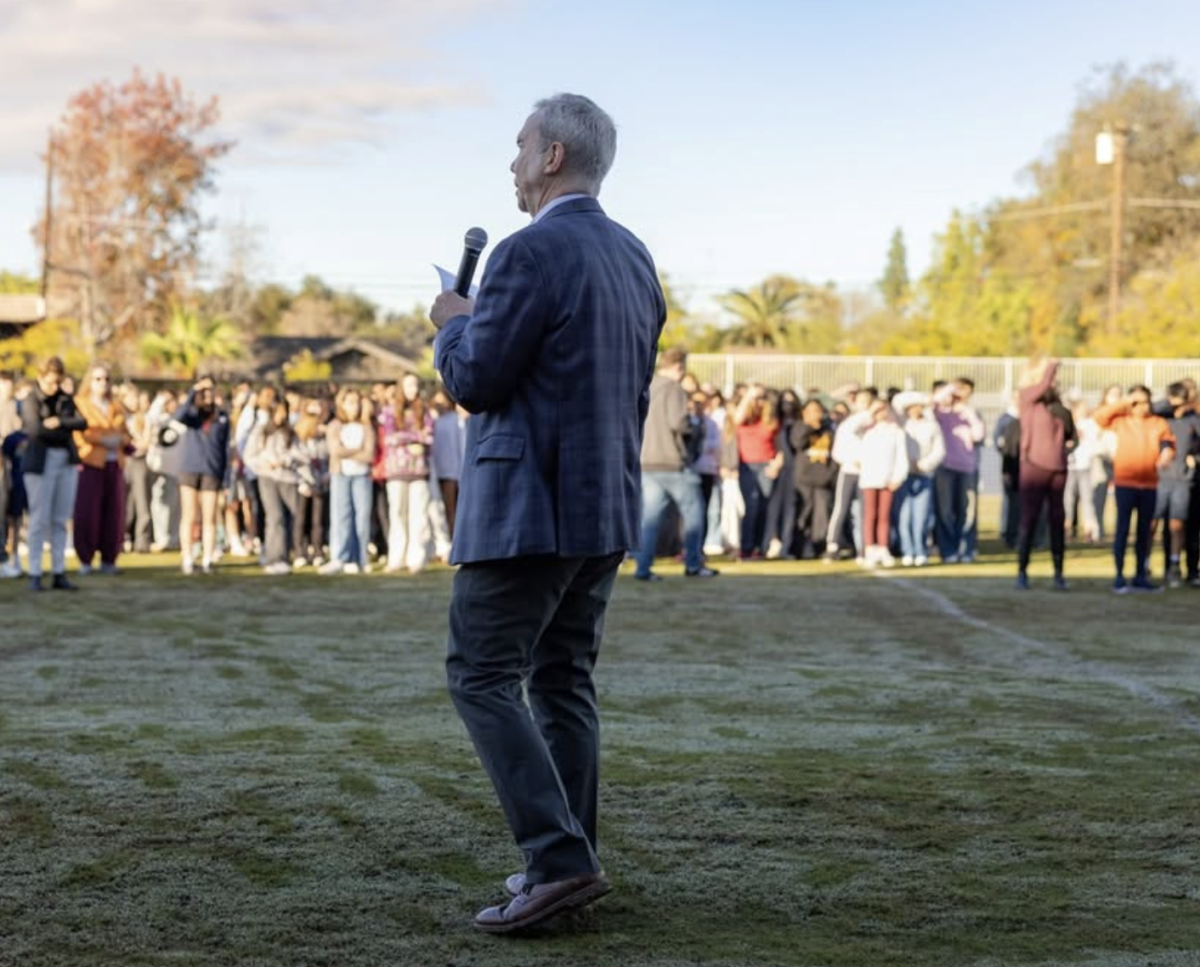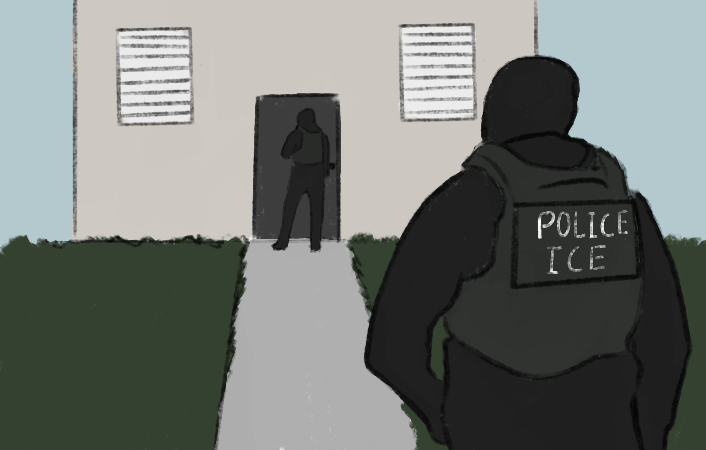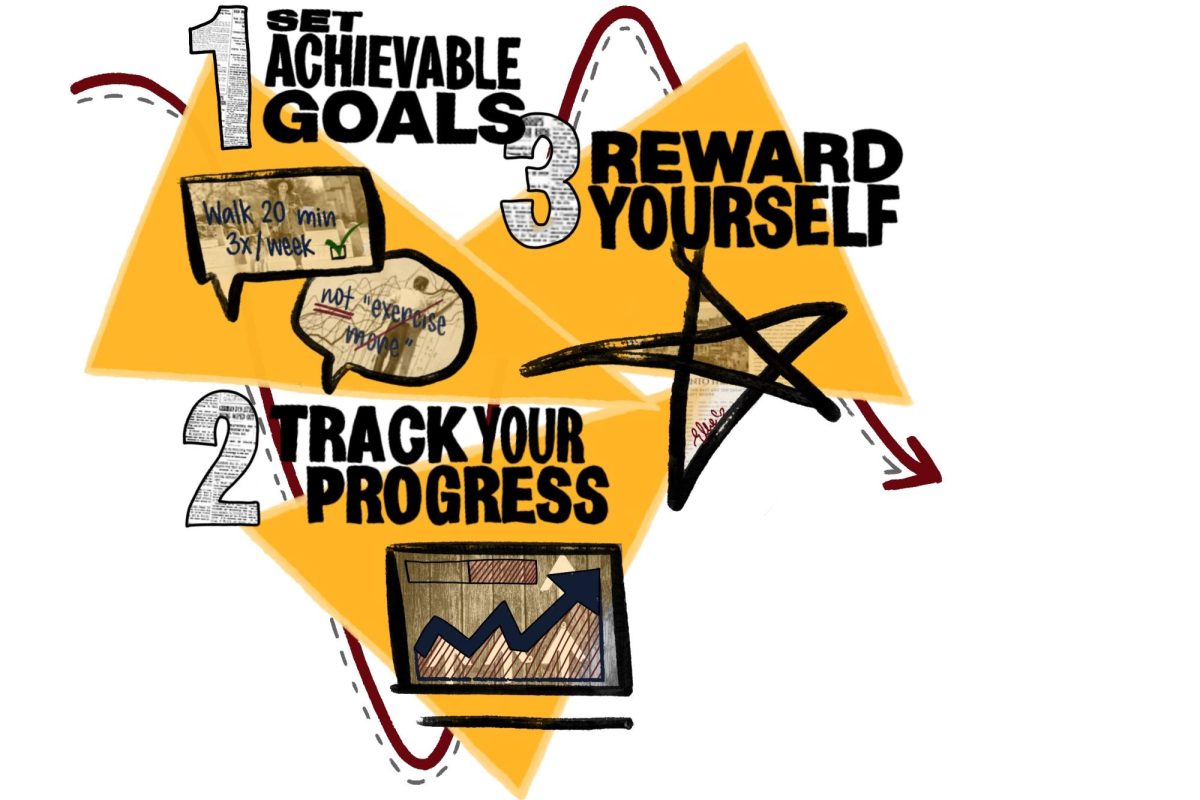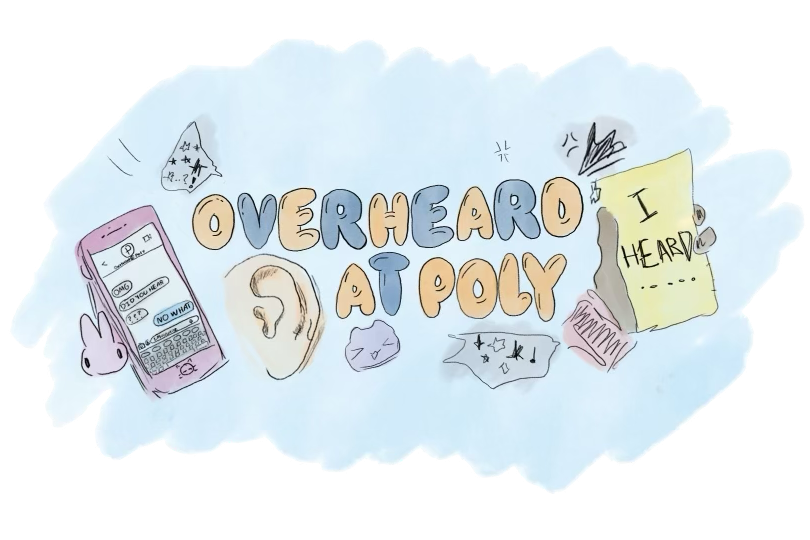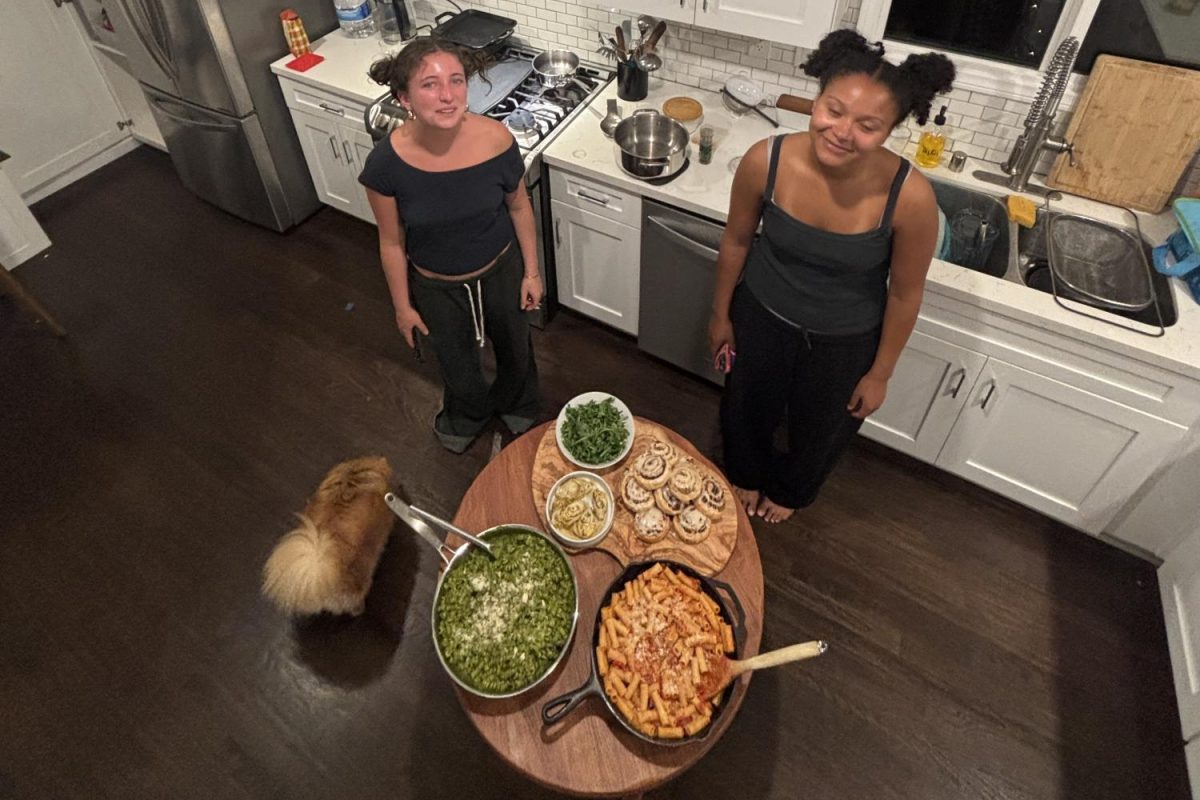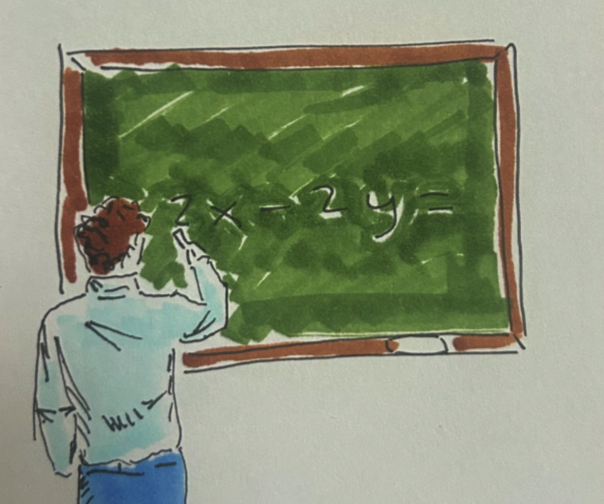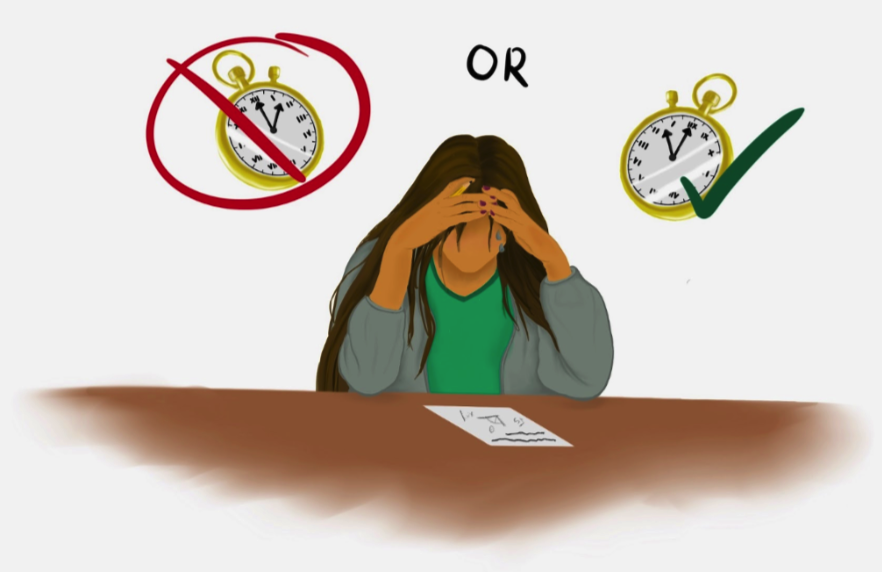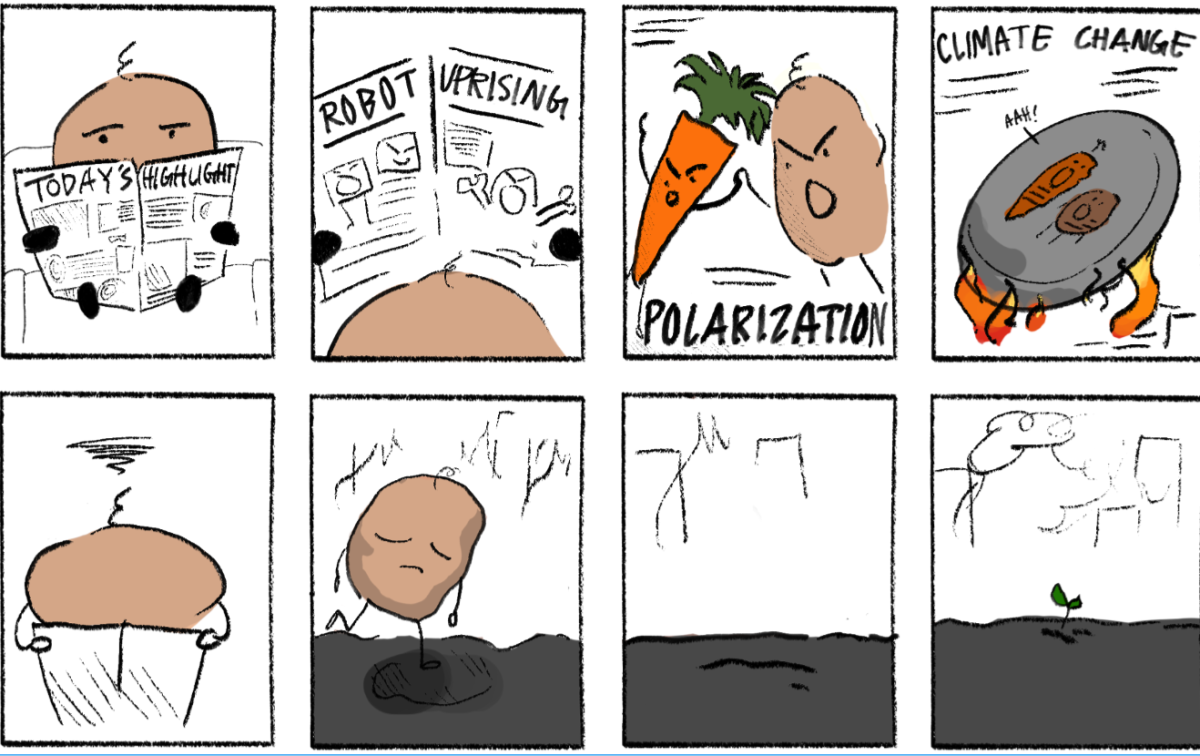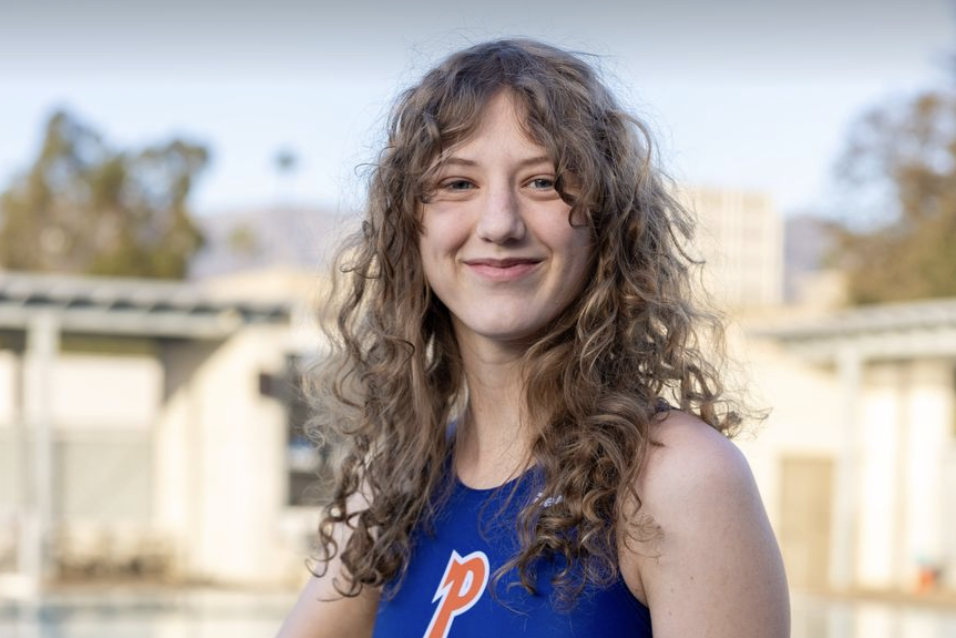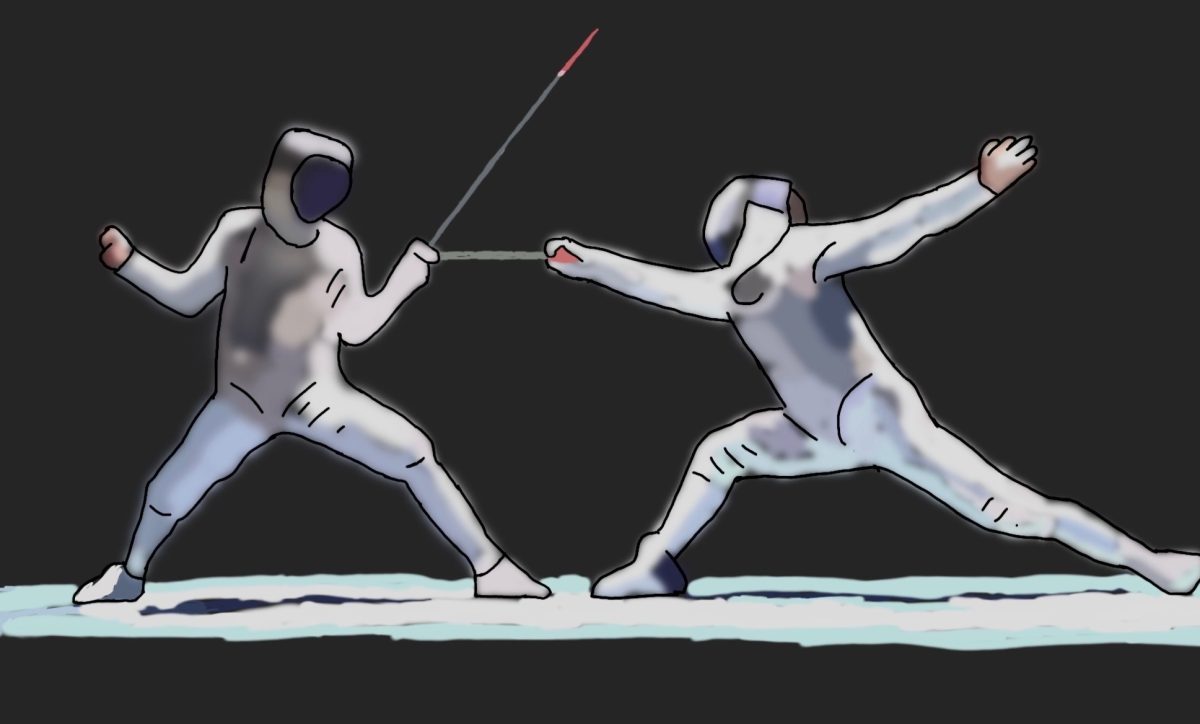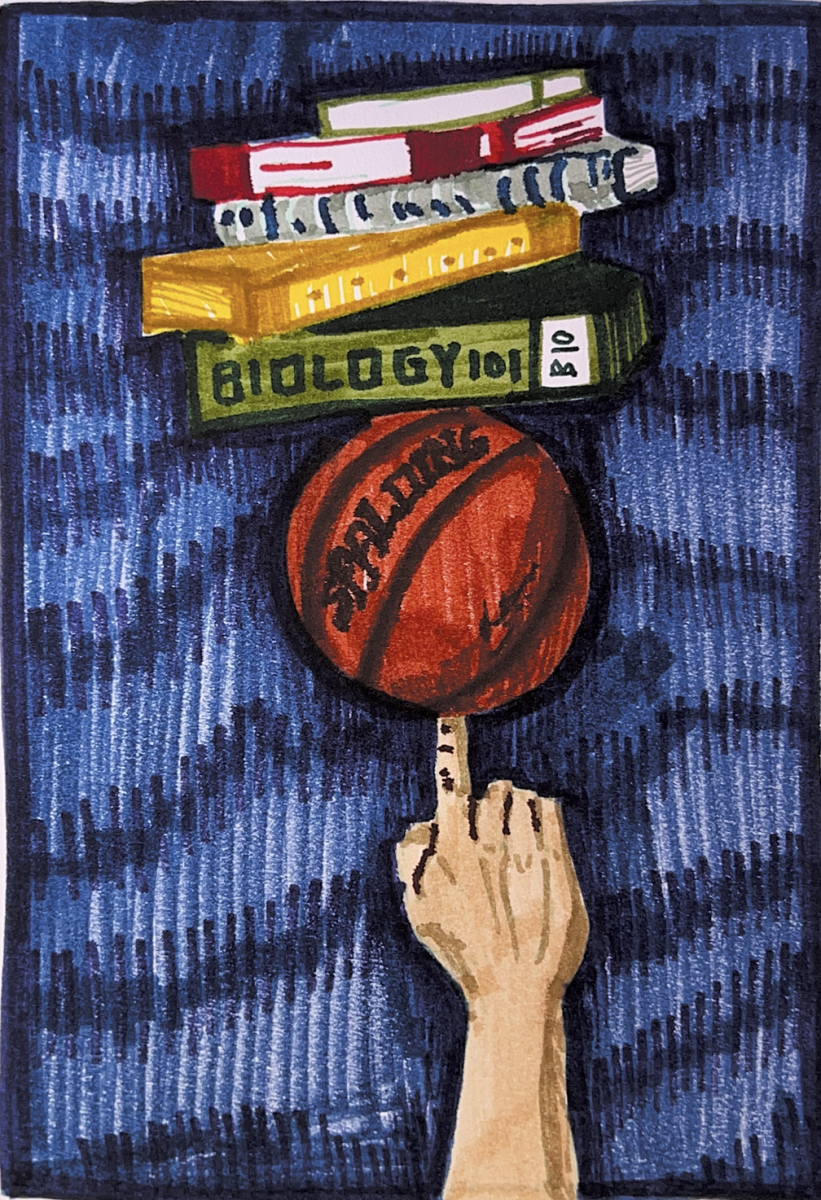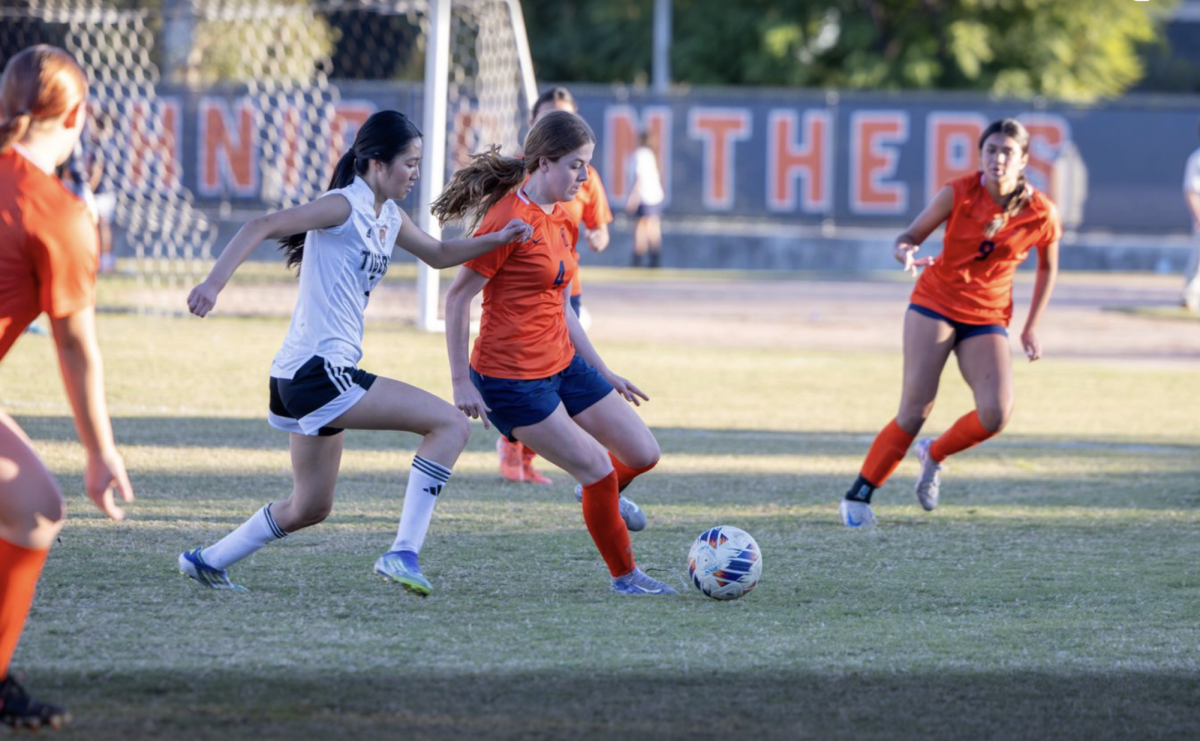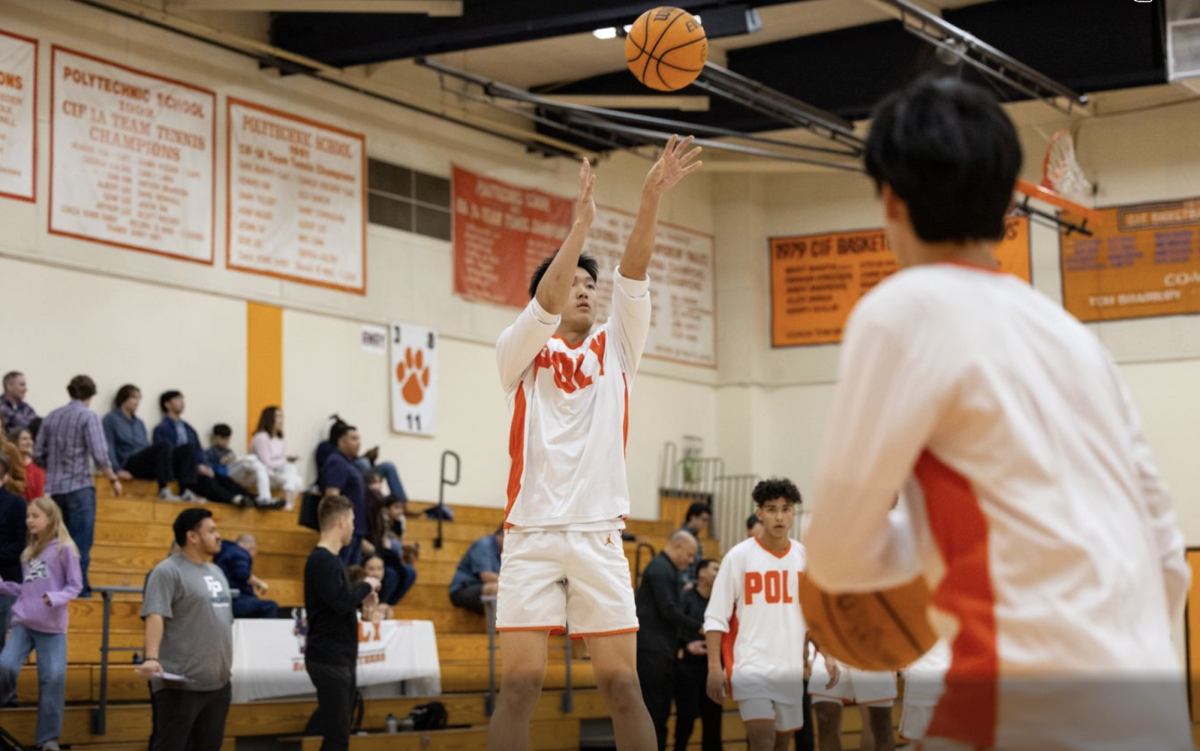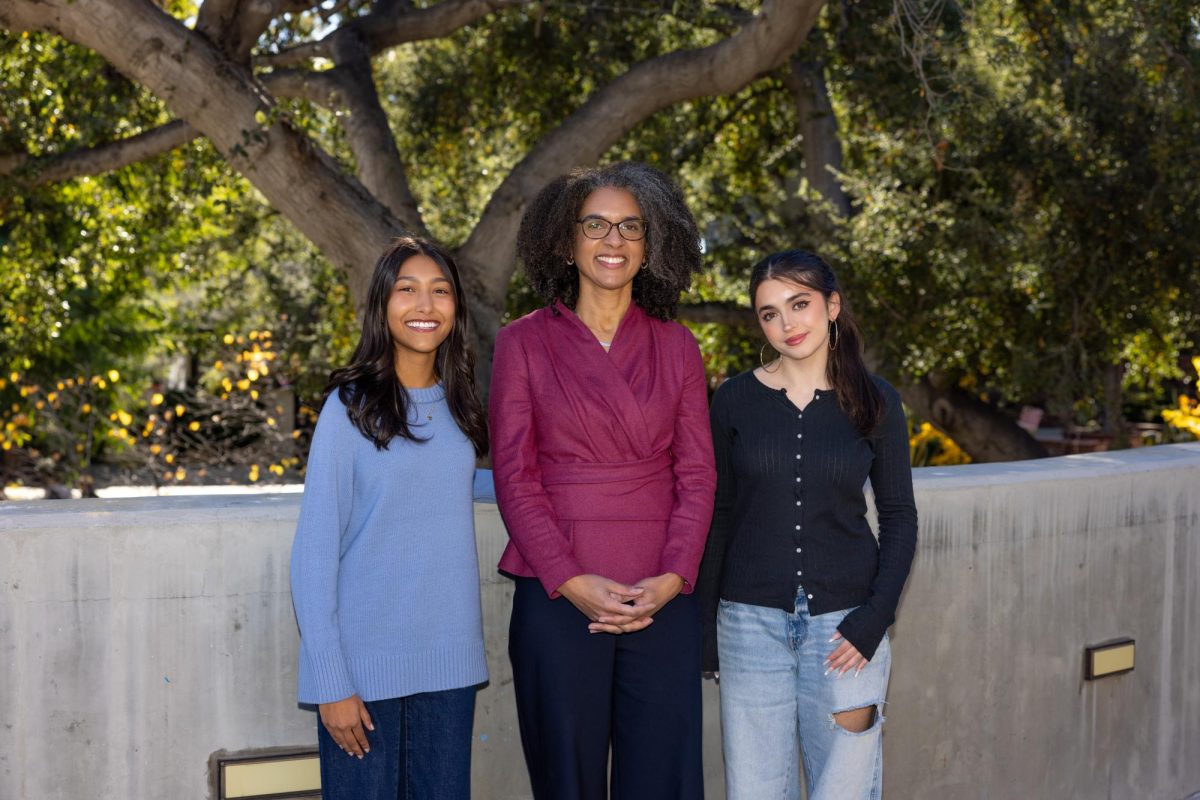As California High School Voter Education Weeks concluded in April, The Paw Print conducted a survey of Poly Upper School students, exploring whether voter education efforts can transform student interest into action. The survey results reflected a campus where many politically-interested Upper School students reported their plans to take steps toward civic participation.
Voter Education Weeks was designed by the California government to raise awareness about voting and encourage students to pre-register to vote. California, along with 15 other states, allow pre-registration beginning at age 16, ensuring students are automatically added to the voter rolls when they turn 18.
When asked whether voting is an effective way to create meaningful change, 57.9% of 57 Upper School students responded yes, while 42.1% indicated maybe, depending on the issue or election. Zero students believed that voting is ineffective. However, among the eligible students (16 years of age or above), only 31.6% reported they had already pre-registered while 57.89% stated they planned to do so and 10.5% said they do not intend to pre-register.
Economic policy, including taxes, tariffs and funding for social services, emerged as the top issue motivating the respondents’ political engagement, with 40.4% of students selecting it as their primary reason for wanting to vote. Climate change (17.5%), immigration (12.3%), and education policy (10.5%) ranked highly as well.
Nearly two-thirds (63.6%) suggested that recent national events, including abortion restrictions, immigration debates, tariffs and concerns about social media privacy, had increased their interest in politics. Students also cited local issues as a reason to vote.
“The response to the Eaton fires made it really clear how valuable local leadership is. It’s important to keep updated with local voting and politics to keep my community safe,” shared senior Shawn Dahiyat.
The survey also explored where the students obtain political information. About 89.5% cited traditional media outlets (newspapers, TV news, and radio), 80.7% named parents or family and 68.4% said social media.
“I got into politics during COVID,” shared senior Max Ismagilov. “I’ve moved around a lot politically as I’ve learned more—and become wiser, at least as wise as an 18-year-old can be.”
Junior Hudson Yen said, “I first became aware of political issues through classwork. From there, my curiosity and desire to help others propelled me to want to take more action.”
“Our political process is messy, clunky, and often frustrating. But if you want a say in what that world looks like, it’s still the best vehicle for delivering real change,” shared Upper School Coordinator Ryder Livingston, who used to work for former California Senator Barbara Boxer. “Because so many Americans never pursue civic education beyond high school, you may never be better equipped to engage than you are right now. Take full advantage of the resources around you here at Poly. And when the time comes—vote.”
As California continues efforts to engage young voters, the survey indicates that although political awareness is strong at Poly, many students are still in the early stages of translating that awareness into consistent civic action.

